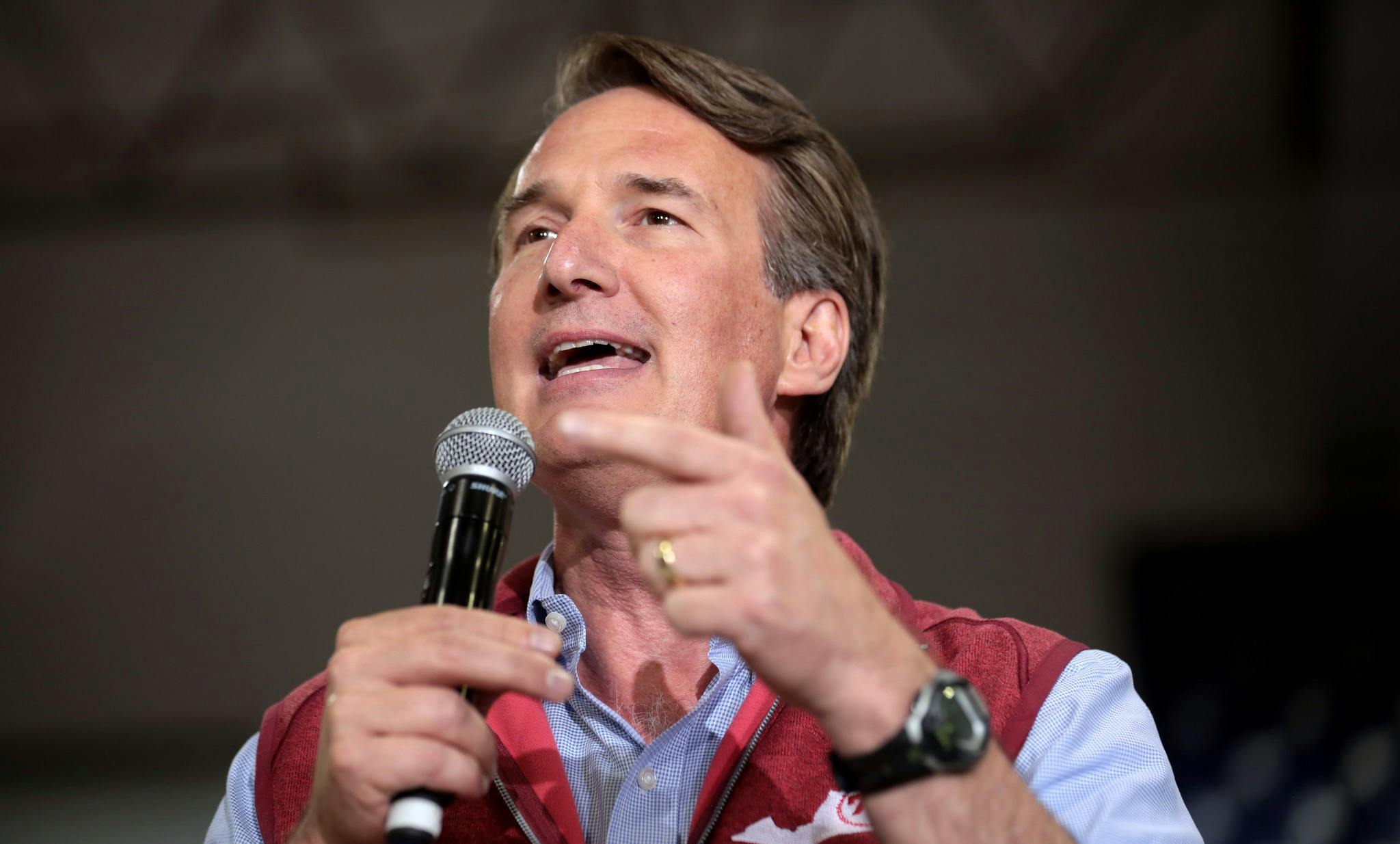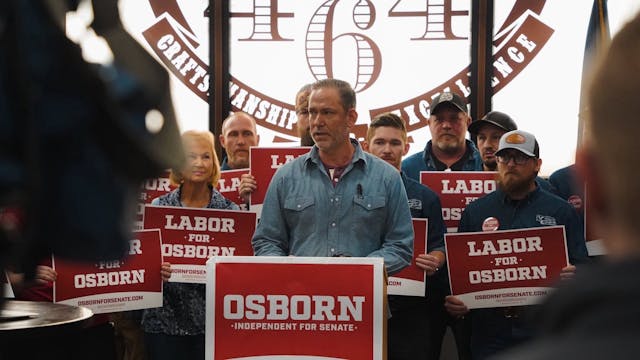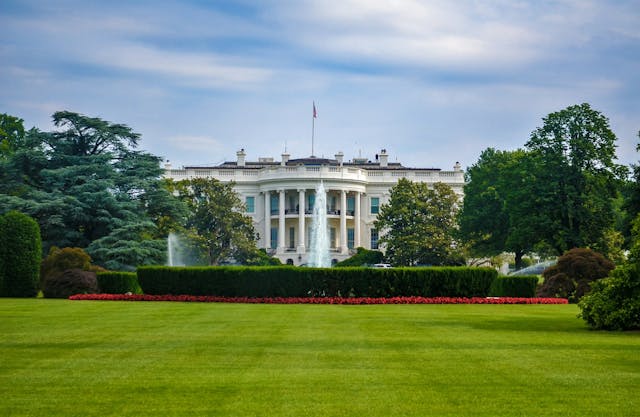The Irony of Gov. Glenn Youngkin Vetoing a Ranked Choice Voting Bill

Photo Credit: Gage Skidmore / Flickr
Virginia Governor Glenn Youngkin has said no to a bill that would clarify how ranked choice voting (RCV) is supposed to work in local elections -- which is odd considering the only reason Youngkin is governor is because of a RCV nomination process at the 2021 Virginia GOP convention.
“Concerns have been raised about its use in general elections where some voters have found it confusing,” Youngkin said.
It's a weird justification because while the bill in question, SB 428, was introduced to help expand the use of RCV, it was toned down to only clarify how RCV could be used under current law.
In other words, to make the process less confusing.
Virginia law allows cities and counties to adopt RCV for city council and county board seats only. The voting method gives voters the opportunity to rank candidates on the ballot in order of preference (1st choice, 2nd choice, 3rd choice, etc.).
If no candidate gets over 50% of first-choice selections, the last place candidate is eliminated, and their voters' next choice is applied to the results. The process continues until a single candidate has over 50% of the vote -- ensuring the winner has a majority.
Youngkin also said of RCV that a "heightened risk of mistakenly erroneous ballot submissions raises concerns about disenfranchisement and an increased lack of voter confidence in election results.”
Is he concerned about the confidence his party has in him? Because he became the GOP nominee for governor under an RCV election.
Virginia law allows the major parties to choose how they want to nominate their candidates. They can use a primary election or nomination convention and swap from one election cycle to the other.
In the 2021 election cycle, the state GOP went with the convention process for a crowded gubernatorial field reportedly as a way to lower the chances of a Trump-aligned candidate winning.
The party also went with a ranked choice election among convention delegates to get a candidate with a broader consensus of support than a far-right candidate who may not fare as well in a general election contest.
The candidate ended up being Youngkin, who secured the party's nomination in the sixth round of tabulation. Youngkin got 33% of first-choice selections and gradually expanded on this until he ended with 55% of the vote.
Analysis from the nonpartisan better elections group FairVote found that most Republicans took advantage of RCV, and only 8.5% of delegates did not express a preference between the finalists. Many of these voters preferred third-place finisher Amanda Chase who encouraged her supporters not to rank additional choices.
Still, FairVote found that 74% of Chase supporters ranked one of the two finalists between Youngkin and Pete Snyder.
The process wasn't confusing for most convention delegates. Rank the candidates. It is that simple.
Even for voters who do find RCV a little confusing at first -- the reaction is understandable. It is a new voting method. It takes time to adjust to new systems, whether in elections or anything else.
This is why voter education is important. This is why election administrators need to be prepared for voters' questions and it needs to be included in the training of poll workers.
The most important thing is voter confidence in the process and if it is a process that encourages competition, representation, and accountability. The traditional voting method has failed on all accounts.
The Virginia GOP, however, appears satisfied with RCV. The party used it in 2020 to select a new party chair. It used the voting method in 2022 to nominate a candidate in the state's 10th Congressional District. It continues to favor its use in party-run primaries.
The party has said RCV elevates “the candidate with the broadest base of support.” So clearly, party leaders have confidence in its use and the election outcomes it produces.
 Shawn Griffiths
Shawn Griffiths


